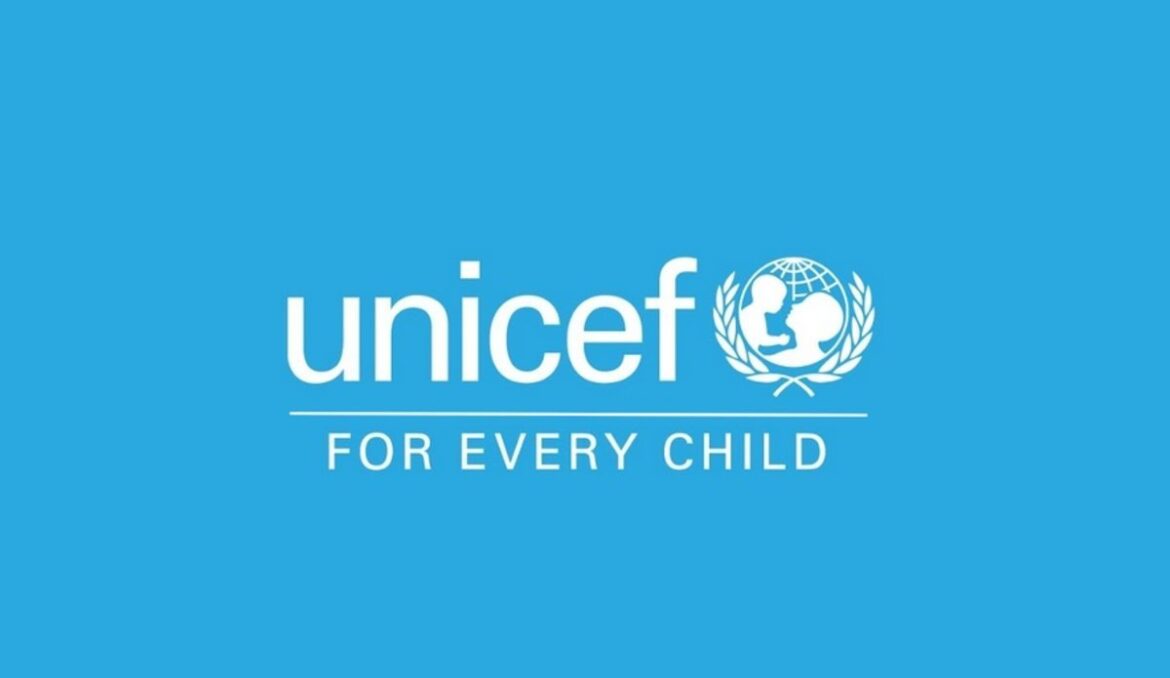By Asmau Ahmad
The United Nations Children’s Fund (UNICEF) said that decentralisation, digitisation, and interoperability would drive the registration of the birth of 12.7 million children across the country in 2023.
UNICEF Child Protection Specialist, UNICEF Kaduna Field Office, Dr Wilfred Mamah, said this at the state-level kick-off operational plan for the 2023 registration exercise for Kaduna and Zamfara States.
The event was organised in Kaduna by the National Population Commission (NPC) in Collaboration with the National Orientation Agency (NOA) with support from UNICEF.
Mamah added that the NPC, in partnership with relevant stakeholders has concluded plans to register and issue birth certificates to 12.7 million children nationwide in 2023.
He explained that decentralisation would ensure that services are taken closer to the population to reduce challenges that could arise from traveling long distances to the registration offices for birth registration.
He added that while interoperability can increase communication across important sectors, digitisation has the capacity to scale up registration by eliminating onerous rudimentary processes.
Ms Gerida Birukila, UNICEF Chief of Field Office, Kaduna, noted that in spite of the enormous benefits of birth registration, Nigeria’s performance has not been rosy.
Birukila pointed out that only 57 per cent of children under five years of age were registered in Nigeria in 2021, leaving a gap of 43 per cent.
She said that within the period, Zamfara registered only 17.3 per cent while Kaduna state covered between 37 and 55 per cent.
“Birth registration is identity issue, and we are still lagging behind with nearly half of the children not registered and, in some states, only about 30 per cent are registered.
“We need to have all our children registered because of the importance of being registered in terms of prevention of child labour, violence against children, child marriage, and may other issues.
“You should be able to say I am a Nigerian, but what really proved you are a Nigerian if you don’t have papers to prove that you are a Nigerian?
“We are looking at digitisation of record, making sure that every child is registered and is in the national data base, that their information can be accessed,” she said.
She said that UNICEF would support the digital registration exercise and would work with partners to ensure that every birth is registered, digitised, and registered children get birth certificate.
NPC Vital Registration Director, Mr Makama Taala explained that birth registration of children under five years in Nigeria in 2021 was 57 per cent while only 33 per cent certificates were issued.
Taala added of the 57 per cent coverage, 60 per cent were in urban areas while 32 per cent were in rural communities, adding that only 10 per cent of deaths were registered.
He said that between 2018 and 2022 a total of 15.9 million children under one year were registered, representing 72 per cent of the 21.9 million targets.
He added that for children under five years, a total of 28.7 million were registered, between 2018 and 2022, representing 87 per cent of the 32.6 million targets.
The vital registration director said that NPC would employ state-of-the-art digital registration platforms to register 12.7 million children under five years by end of 2023.


